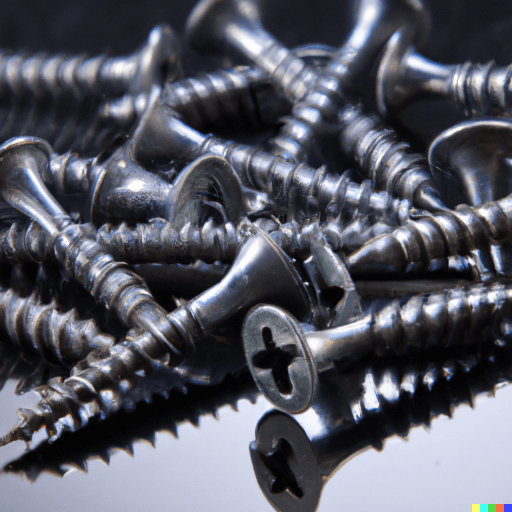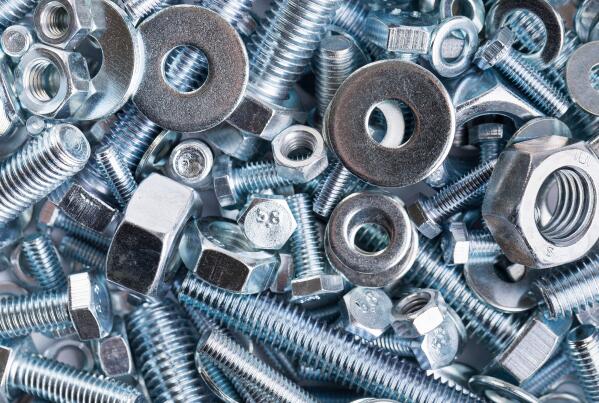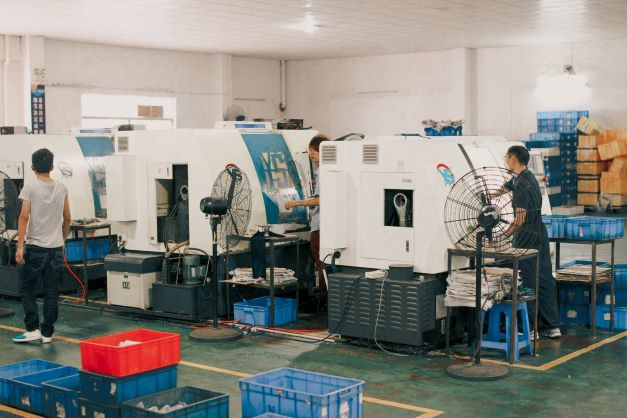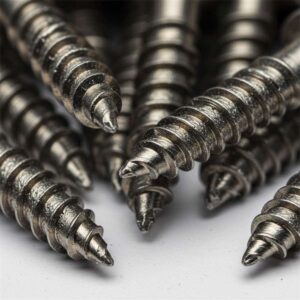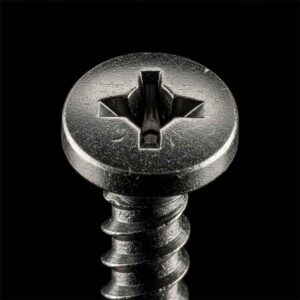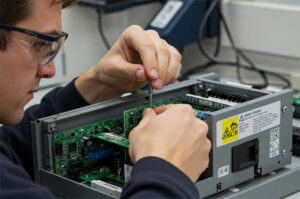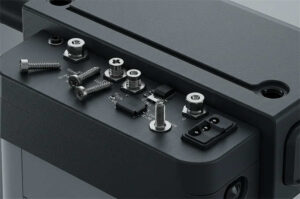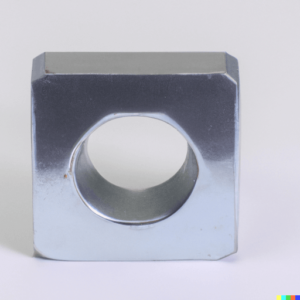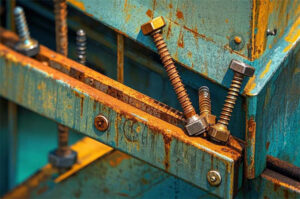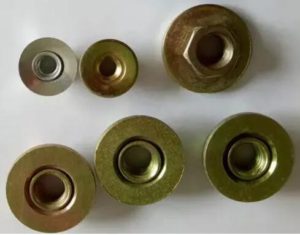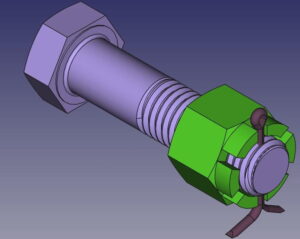Fastener Quality Assurance and Fastener Testing in Manufacturing Processes
The production and development of fasteners worldwide may vary according to the capabilities and standards of manufacturers. Yet in the rigorous sector of structural and mechanical components uniformity of properties is essential to employ accurate performance and stability. Each fastener made for the sector is characterized to withstand certain conditions and provide tolerances that prevent many kinds of fastener failure.
Fasteners play a crucial role in ensuring the integrity of structural connections thus their quality and features is a paramount requirement that undergoes evaluation and test processes before they can be distributed. In this article, we are to discover the importance of quality control and fastener testing in manufacturing fasteners and distribution to worldwide industries to know their capacities in applications such as mechanical fastening.
The Importance of Quality Control in Fastener Manufacturing
Many industries have influenced the emerging trends of fasteners due to various developments nowadays, an example is the introduction of electric vehicles which demand enhanced lightweightness, strength, increased safety measures, and sophistication. As a result, manufacturing techniques also require efficient and reliable testing methods that will ensure the quality and durability of fastener materials to suit the needs of the growing industry standards.
Quality control and testing of fasteners will ensure that the manufactured components can be reliable in applications and joints to provide good structural integrity. Another significance of ensuring quality in fasteners is the safety they can provide in fastening and operations. A minor discrepancy in size or threads of screws can lead to failure or damage during installation. Therefore implementing stringent quality measures will ensure that they will function effectively and limit the chances of any serious risks.
Reliable Fastener Test Methods for Quality Assurance
Testing of fasteners will help verify their quality and reliability in use. The process is either destructive or nondestructive testing to confirm the material content, identify or resolve defects, and verify the quality of finished fasteners.
Nondestructive Testing: Locating Flaws and Defects
In the manufacturing of fasteners, the finished products are subjected to several tests and inspections on their surface or sub-surface. Such methods as magnetic particle, liquid penetrant, and visual inspections will help identify external defects and may provide information on internal flaws. The test samples are taken out from a batch of newly produced fasteners into the testing laboratories which will use numerous types of machine and equipment tools to detect seams, cracks, laps, and deformities in threads and fastener bodies.
Destructive Testing
Several methods of destructive testing analyze and test the materials of fasteners to assess their mechanical properties and characteristics. Before the production of fasteners, the primary raw ingredient is critically analyzed to know the suitability of the materials to the fastener’s intended application. Finished fasteners are also tested in various processes of stress rupture, yield strength, axial tensile, wedge tensile, proof-load, hydrogen embrittlement, hardness testing, and more. Each test will evaluate the effects of the manufacturing method on a fastener and determine whether improvement in the material.
Heat-treated fasteners are necessarily evaluated in the characteristics of their material composition to know the limits and verify the contents. Testing methods that study the microscopic structure of fasteners will help in identifying defects and information about the capacity of fasteners in general. With the documentation of characteristics of fasteners, their quality is pre-determined to suit the needed tensile, yield, elongation, etc. of applications.
How to Define Quality Assurance Tests in Fasteners?
Depending on the required properties and tolerances on a fastener there are various methods and testing equipment that are used for analyzing their relevant quality. Some of these qualities include tolerance and coefficiency of friction, preloading force, torque, and more, they are the important features that fulfill the performance of bolts or screws in assemblies. Thus knowing the conditions and challenges in fastening environments is primarily needed for defining the right testing methods in fastener manufacturing, especially for projects with custom requirements.
Reliable Fastener Manufacturer and Exporter for Mechanical Applications
Prince Fastener Manufacturing Co., Ltd. is a renowned industrial manufacturer of a wide variety of fastener devices such as screws, bolts, nuts, studs, rivets, and more. The company caters to the worldwide demands of industries and businesses in standard fastening and custom fasteners. We have provided thousands of devices for mechanical and industrial projects with accurate fastening solutions and services in quality control.
We have over 30 years of rich experience in services and exporting of products for any kind of business and projects. We offer wholesale fasteners and bulk orders at competitive prices yet uncompromised quality that ensures the stability of materials and assemblies. Our manufacturing capabilities have proven to provide numerous security and reliability in use and fastening applications as we continuously improve our ways of ensuring the highest quality of fasteners. Want to get the best fasteners for a project? Contact us with your specifications and requirements!
